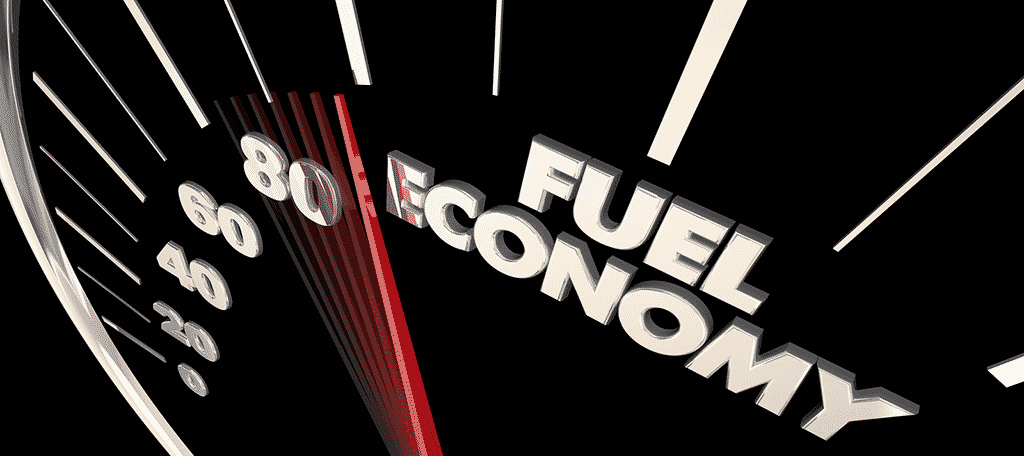
The transportation sector is a huge contributor of greenhouse gases, and the Netherlands is trying to fix that. A new climate change proposal, that will go into effect next year, will lower highway speed limits across the country.
Currently, the highway speed limit is 130 km/h and will be lowered to 100. For drivers in the US, that would be the equivalent of an 80 to 62 mph change.
Earlier in the year, a similar proposal was made in the neighboring country, Germany. It wanted to add a speed limit to the autobahn as a whole. However, the proposal was overwhelmingly defeated.
Not many people are a fan of the change, but many can understand why it is necessary.
How Does This Fight Climate Change?

Of course, this raises the question, how exactly does this help fight climate change?
You may think that if you get from point A to point B is less time, you would burn less fuel. But that simply is not true.
Cars are more fuel-efficient at lower and more importantly consistent speeds.
According to a study, a 10km/h (6.2 mph) decrease on highways could result in a 12-18% reduction in fuel usage. However, these levels of fuel-saving are only seen when drivers strictly adhere to the speed limits and can maintain the speed (i.e no traffic or constant breaking).
Even when you take into account the average driver’s disregard of speed limits, it should still see a 2-3% reduction. This makes the proposal’s 30 km/h reduction quite significant.
One-Third of the Netherlands Is Under Sea Level
The Netherlands is particularly vulnerable to climate change because about one-third of it is under sea level.
As the temperature continues to rise, the sea levels will as well. However, the Netherlands currently has one of the most advanced anti-flood systems in the world that keep it safe.
On the other hand, even that can’t fully protect the region as the sea continues to rise.

